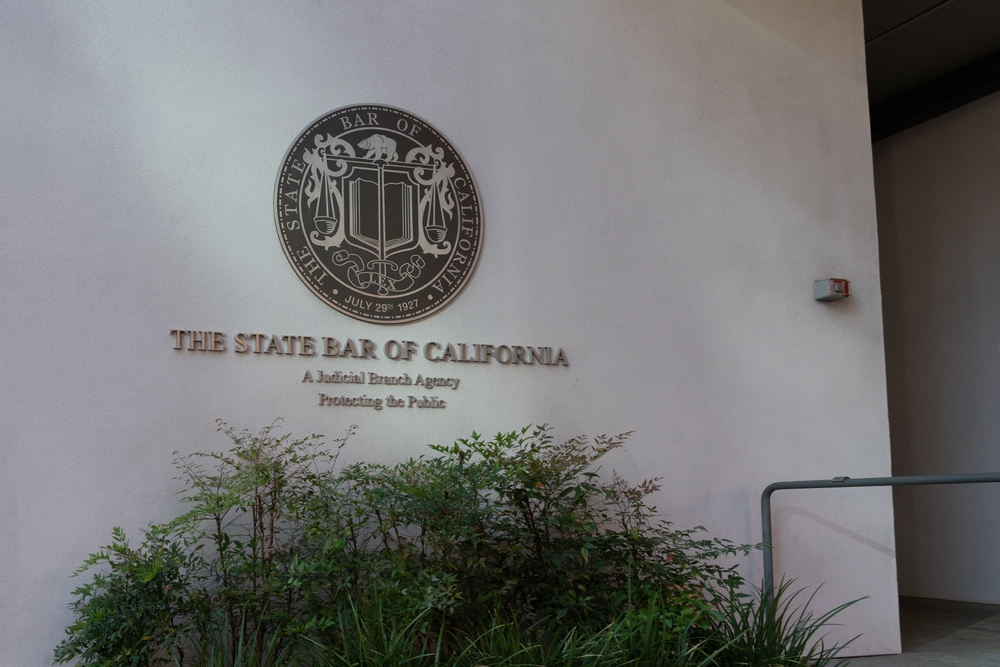In a significant development for legal ethics in California, the state’s Supreme Court has adopted a new rule requiring lawyers to report instances of professional misconduct. Effective August 1, attorneys in California will be obligated to disclose fraud, misappropriation of funds, and other criminal acts that cast doubt on another lawyer’s integrity, trustworthiness, or suitability as a legal professional.
The adoption of this rule, often referred to as the “snitch rule,” aligns California with the practices followed by every other state in the country. The decision comes after a rigorous debate within the State Bar of California, which proposed the rule change to the Supreme Court earlier this month. During this period, the State Bar received almost 200 comments from lawyers opposing the rule, expressing concerns that it would inundate the disciplinary system with complaints and potentially strain attorney-client relationships.
The State Bar’s move to strengthen attorney oversight was driven by mounting pressure following the high-profile ethics scandals involving Tom Girardi and the persistent backlog of attorney discipline cases. Tom Girardi, the founder of the now-defunct law firm Girardi Keese, faced a staggering 205 attorney ethics complaints dating back to 1982, with more than half of them accusing him of misusing client funds, as revealed by a state bar investigation. Girardi, who was disbarred in 2022, has yet to respond to the allegations and did not participate in the disciplinary proceedings with the state bar. Additionally, criminal charges have been filed against him, alleging the misappropriation of over $18 million in client funds.
While the rule adopted by the court largely aligns with the State Bar’s recommendation, there are a few noteworthy distinctions. The adopted rule allows for reporting misconduct occurring during litigation to be made either to the State Bar or to the courts, not limited solely to the State Bar. It also specifies that any court findings of attorney misconduct can be presented as evidence in subsequent State Bar disciplinary proceedings. Moreover, the rule clarifies that filing a false report can lead to lawyer discipline or even criminal penalties.
Your legal career is our priority. Let BCG Attorney Search help you find your next opportunity.
The rule maintains the exceptions proposed by the State Bar, allowing for the protection of information acquired through substance use programs or mental health programs, as well as safeguarding information protected by confidentiality or privilege.
Ruben Duran, Chairman of the State Bar Board of Trustees, expressed his support for the new rule, highlighting its potential to aid misconduct investigations and bring California in line with the reporting standards observed in all other states across the nation.
In addition to the professional misconduct reporting rule, the California Supreme Court has also issued directives to the State Bar to enhance its conflict of interest procedures when considering candidates for top positions within the organization. Furthermore, lawyers who have been suspended for a period of 90 days or less are now required to inform their clients and the courts about their suspension, as mandated by recent orders from the Supreme Court.
The adoption of this reporting rule signifies California’s commitment to maintaining the highest ethical standards within the legal profession. By aligning itself with other states, California aims to strengthen attorney oversight, enhance disciplinary procedures, and ensure public trust and confidence in the legal system. The implementation of this rule marks a significant step forward in addressing ethics scandals and promoting integrity and accountability among legal practitioners in the state.
Don’t be a silent ninja! Let us know your thoughts in the comment section below.

